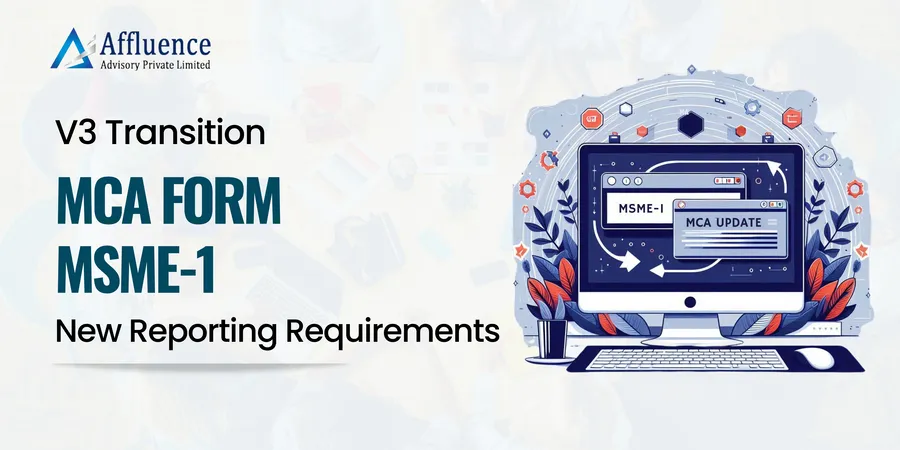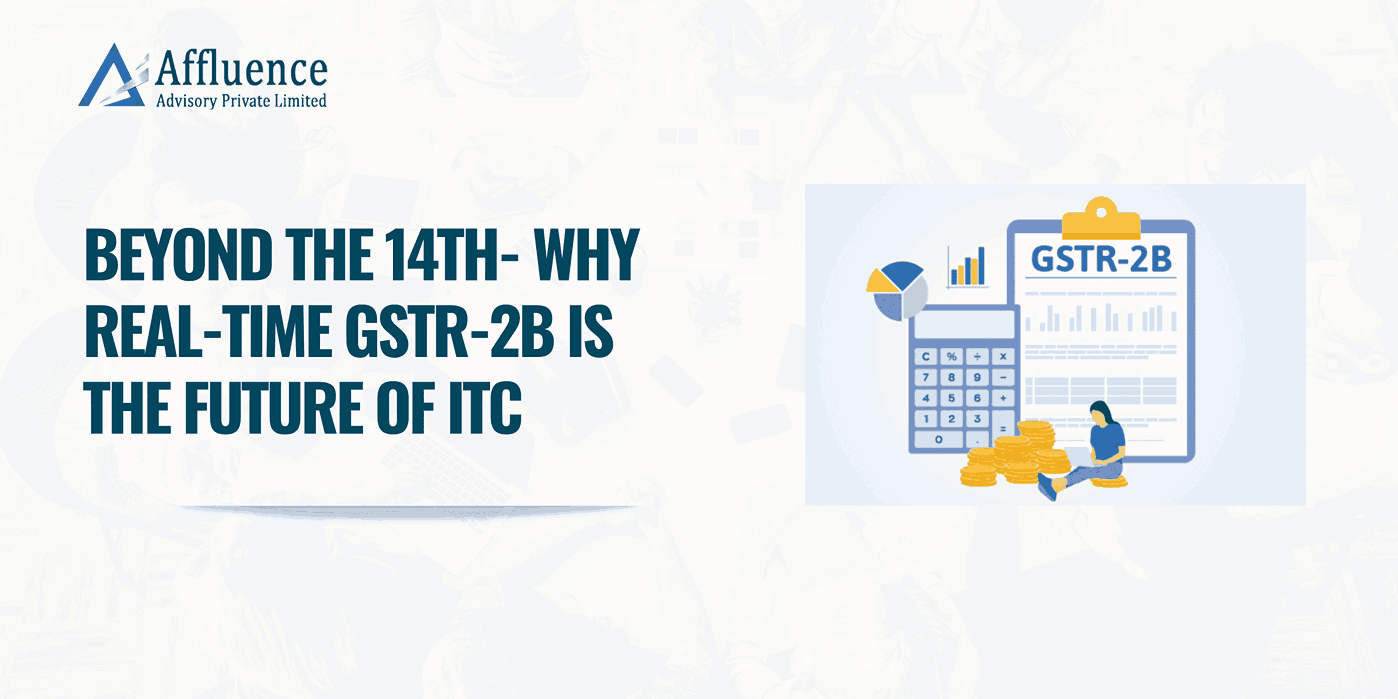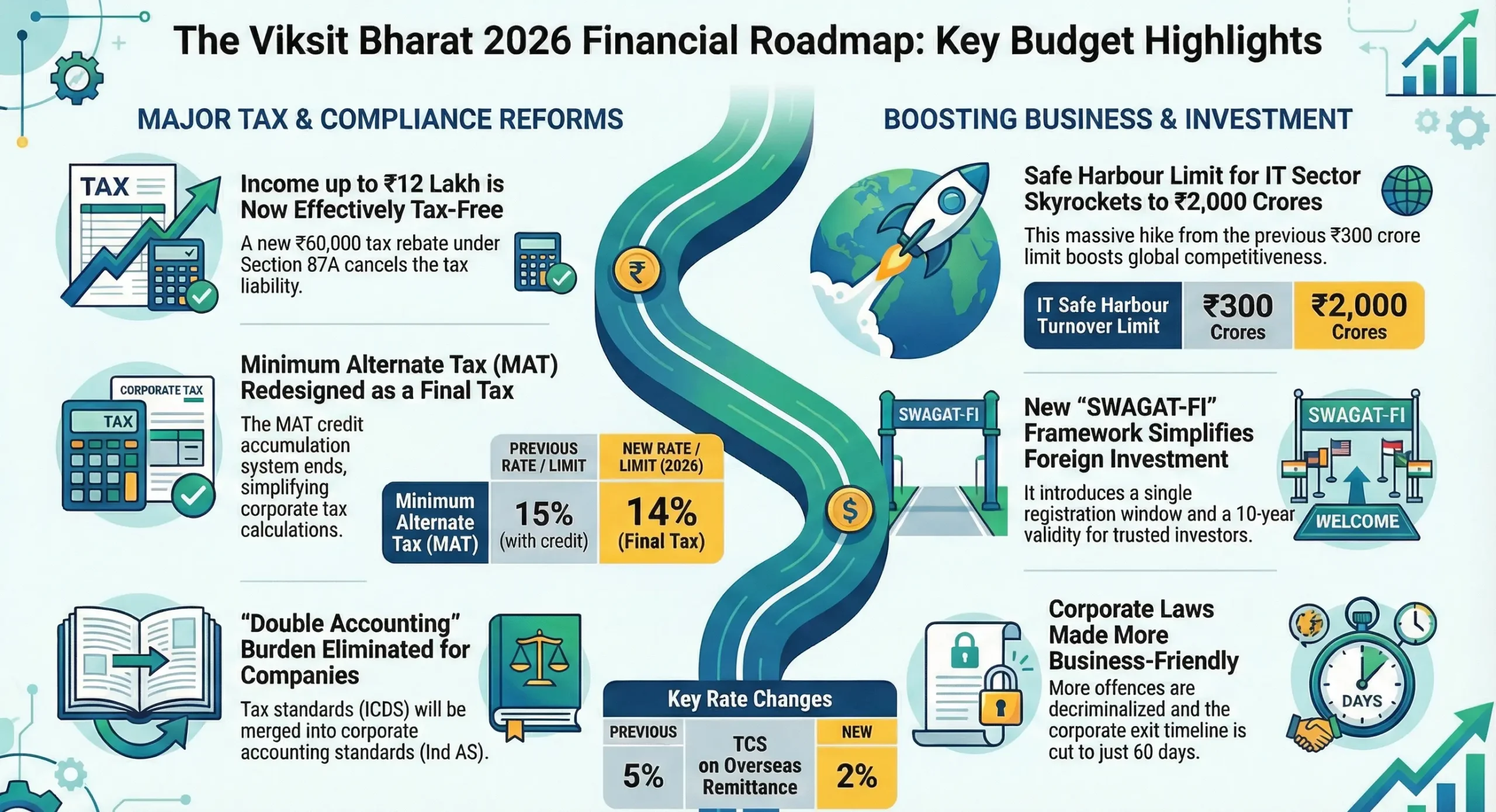The Ministry of Corporate Affairs (MCA) has been transitioning e-forms from the V2 to V3 version of its portal, with the latest update on 15th July 2024 which includes shifting of 9 additional forms, including MSME, MGT-6, BEN-2 and 6 IEPF-related forms. In this article, we will explore the key changes made to Form MSME-1 during its transition to the V3 portal
Background of Form MSME-1:
Form MSME-1 was introduced through an MCA circular on 22nd January, 2019, requiring companies who have received supplies of goods/services from Vendors registered as Micro or Small enterprises under MSME Act, 2006 and who have not paid outstanding dues to such MSMEs within 45 days of receipt of goods / services, to intimate the details of outstanding dues to MSMEs to ROC through this form MSME-1.
The Form is required to be filed on a half-yearly basis, within the period of 30 days from the end of each half.
Also Read: MCA Update- Migration of 9 e-forms from V2 portal to the V3 portal, with 3 forms currently live.
Changes in Form MSME-1 (V3 Version):
Previously, Form MSME-1 only required reporting of outstanding payments exceeding 45 days as of the end of the half-year. The new V3 version introduces additional reporting requirements, such as:
- Payments made to Micro and Small vendors within 45 days.
- Payments made to Micro and Small vendors after 45 days but within the half-year.
- Payments outstanding to Micro and Small vendors as of end of half year but 45 days are not yet over.
- Payments outstanding to Micro and Small vendors as of end of half year and 45 days are over
These additions make it necessary for companies to provide more detailed payment information, even if no payment is overdue as of the end of the half-year.
Clarificatory Proviso:
A new proviso in the MCA notification clarifies that companies are only required to file MSME-1 if payments to micro or small enterprises remain unpaid for more than 45 days during the reporting period. This applies even if there is no outstanding amount at the end of the half-year.
Conclusion:
The expanded scope of the form means that even a single delayed payment triggers the requirement to report all payments to that vendor. With the V3 portal changes, companies must implement robust systems to track and report payments to micro and small vendors. This will help them avoid penalties and support compliance with new income tax provisions. Further, The governing section for filing of this form is Section 405 of the Companies Act 2013 which specifies a penalty on companies and their officers in default for not filing this form of Rs. 20,000/- and a continuing penalty of Rs. 1000/- per day during which the default continues.
Disclaimer: This article provides general information existing at the time of preparation and we take no responsibility to update it with the subsequent changes in the law. The article is intended as a news update and Affluence Advisory neither assumes nor accepts any responsibility for any loss arising to any person acting or refraining from acting as a result of any material contained in this article. It is recommended that professional advice be taken based on specific facts and circumstances. This article does not substitute the need to refer to the original pronouncement
CLICK HERE DOWNLOAD PDF








